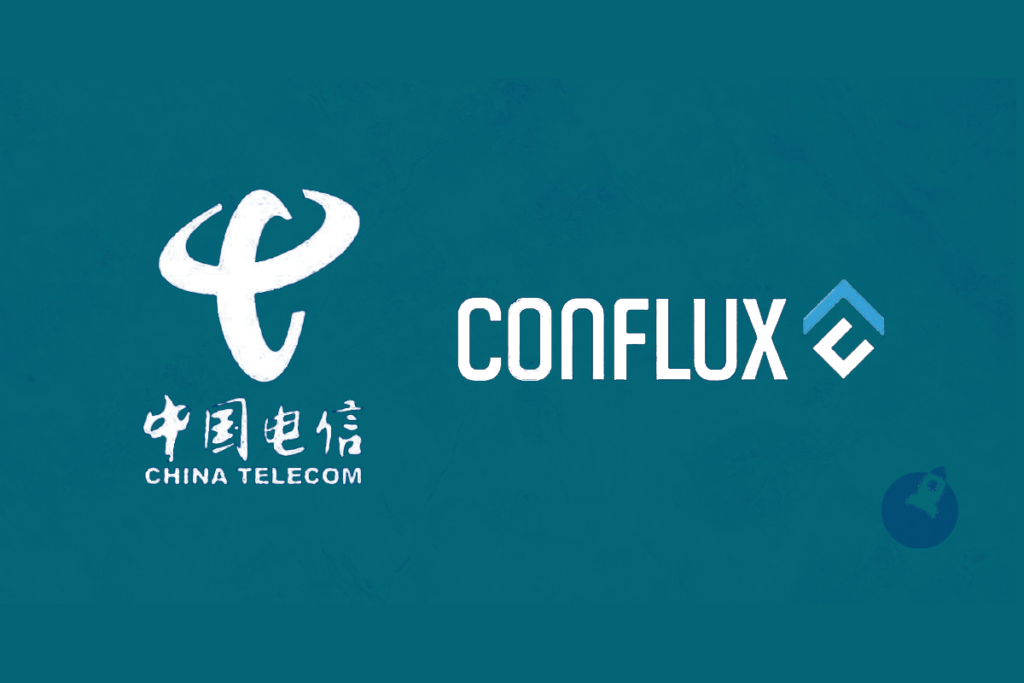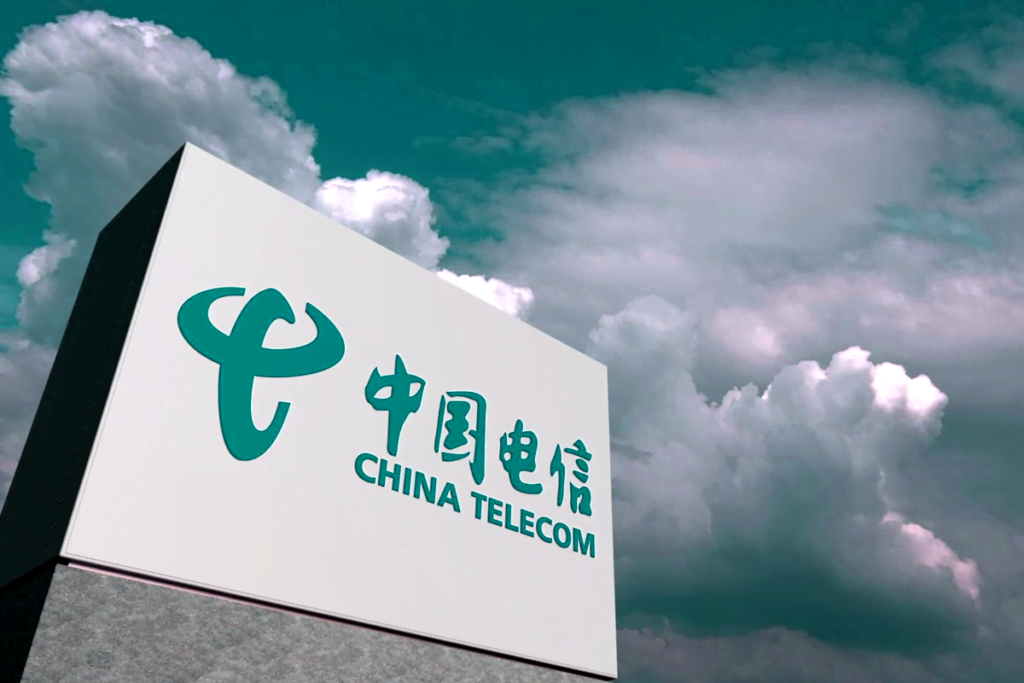Conflux Network, the first regulatory compliant public blockchain in China and global communications network, China Telecom, today unveiled its jointly developed Blockchain SIM (BSIM) card at the Xuhui District West Bank Artificial Intelligence Center in Shanghai.
Conflux Network and China Telecom debut first on-chain interaction with Blockchain SIM card

Today at the Xuhui District West Bank Artificial Intelligence Center in Shanghai, Conflux Network, the first regulatory compliant public blockchain in China, and China Telecom, a global communications network, unveiled their jointly developed Blockchain SIM (BSIM) card. This innovative mobile user identification card, based on blockchain technology, is a world-first achievement.
The BSIM card closely resembles traditional SIM cards and is fully compatible with popular mobile terminal systems like Android and iOS. It outshines traditional SIM cards with its significantly larger storage space, which is 10-20 times greater, and enhanced computing power that is several dozen times more powerful.
Beyond its standard communication functions, the BSIM card offers the ability to generate and securely store users’ public and private keys within the card. By employing a “private key never leaves the card” approach, the card mitigates the risk of malware and virus software attacks on users’ mobile terminals.
Additionally, the BSIM card incorporates features such as encrypted storage, key recovery functions, and integration with traditional U-shield functions. Leveraging the robust hardware security provided by the BSIM card, users can safeguard their private keys effectively. As of now, it stands as the safest and most convenient entry solution for Web3 users.

During the launch event, Dr. Wu Ming, CTO and Co-Founder of Conflux Network, successfully demonstrated the capabilities of the BSIM card by transferring a Commemorative NFT of the China Telecom and Conflux Partnership.
With a simple press of a button within the app, the NFT was securely transferred from the BSIM card account of Shanghai Conflux Research Institute to the BSIM card account of China Telecom, marking the first public on-chain use of the BSIM card.
From now on, all mobile communication users can obtain a more secure digital identity through mobile terminals and access Web3 and the metaverse with minimal technical barriers. Blockchain technology has evolved beyond its reputation as a complex and inaccessible concept, transforming into a truly practical infrastructure for applications in the global economy and people’s daily lives.
Dr. Wu Ming from Conflux
We are committed to working alongside Conflux Network in developing and promoting practical communication solutions tailored to meet genuine user needs. The BSIM card is just a first step as we collaborate in exploring a diverse range of application scenarios and supplementary products, made possible through the innovative integration of blockchain technology with modern communication advancements.
Li Anmin, Deputy Dean of the Research Institute at China Telecom Group
The BSIM card will be piloted in Hong Kong before being gradually introduced to mainland and overseas markets.
About Conflux Network
Conflux is a Layer 1 blockchain that facilitates the connection of decentralized economies across borders and protocols. It has recently transitioned to a hybrid Proof-of-Work (PoW) and Proof-of-Stake (PoS) consensus mechanism.
This upgrade empowers Conflux to offer a high-speed, secure, and scalable blockchain ecosystem characterized by zero congestion, low fees, and enhanced network security.

Being the sole regulatory-compliant public blockchain in China, Conflux presents a distinctive advantage for projects seeking to establish and expand their presence in Asia. Within the region, Conflux has forged partnerships with prominent global brands and government entities to collaborate on blockchain and metaverse initiatives. Notable collaborators include the city of Shanghai, McDonald’s China, and Oreo, among others.
About China Telecom
China Telecom is a Chinese state-owned telecommunications company that provides various telecommunication services, including fixed-line telephone, mobile, broadband internet, and data services.
To access more collaboration articles: cryptodataspace.com















Leave a comment